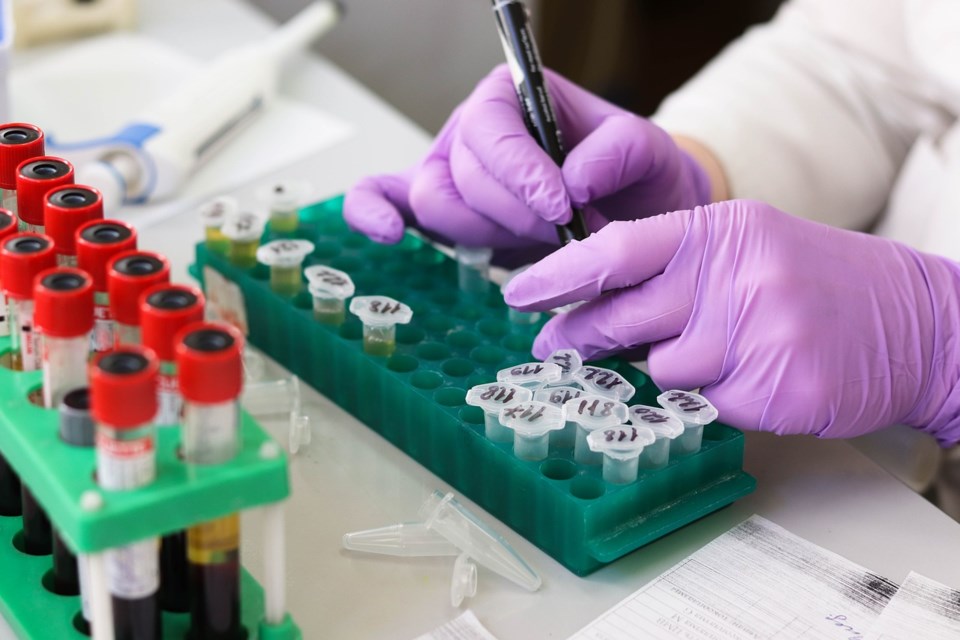The World Health Organization (WHO) is warning against the use of immunity passports for people who have recovered from COVID-19, saying that there is currently “no evidence” that those who have recovered from the virus are immune to reinfection.
Countries around the world, including Canada, are taking tentative steps towards easing pandemic control measures. Some have raised the possibility of so-called immunity passports, which would give people who have tested positive for COVID-19 antibodies the ability travel, return to work and a more normal daily life.
Those who are not immune would remain in isolation until a vaccine is developed.
But according to the WHO, while studies have shown people who have recovered from the infection have antibodies, as of yet no study has looked at whether those antibodies make a person immune to reinfection.
Other studies suggest that, as some people had very low levels of antibodies, cellular immunity may also be critical for recovery.
“At this point in the pandemic, there is not enough evidence about the effectiveness of antibody-mediated immunity to guarantee the accuracy of an ‘immunity passport,’ said the WHO in a statement.
“People who assume that they are immune to a second infection because they have received a positive test result may ignore public health advice. The use of such certificates may therefore increase the risks of continued transmission.”
Some countries considering immunity passports
Chile announced this week that it was proceeding with plans to issue immunity passports, allowing those who receive the certificates out of quarantine.
Government officials said that 4,600 people have recovered from the virus, and will be eligible to receive the passports, which would take the form of physical or digital cards, the Washington Post reported.
Germany, Italy and the U.K. have also raised the idea of the passports. Meanwhile, last week Anthony Fauci, a key member of the White House’s COVID-19 taskforce, told CNN that immunity passports might “have some merit under certain circumstances.”
But Prime Minister Justin Trudeau said Saturday that neither Ottawa nor the provinces are preparing plans to reopen the country based on the idea of people being immune to reinfection. Instead, the focus is on continuing to prevent spread of the virus through physical distancing in workplaces and other measures to protect Canadians.
He said it’s “very clear” that there is not enough science-based evidence on immunity.
“We know it is something we need to get clearer answers to, and until we have those clear answers, we need to err on the side of caution,” said Trudeau.



